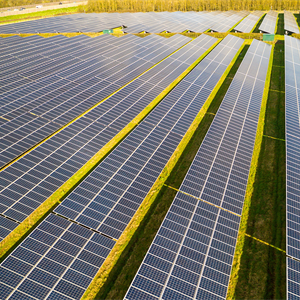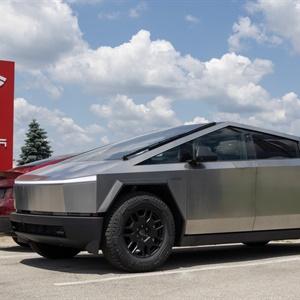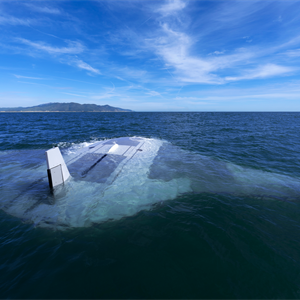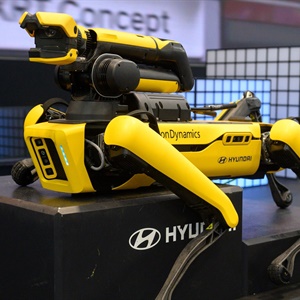Energy demand soared in 2024 as heat waves drove consumption
Consumption of energy from renewables and fossil fuels surged in 2024 because of rising global demand for electricity, the International Energy Agency (IEA) has said. In the latest edition of its annual Global Energy Review, the IEA found that global energy demand rose by 2.2% last year – considerably faster than the average annual demand increase of 1.3% between 2013 and 2023. While emerging and developing economies accounted for more than 80% of the increase in global energy demand in 2024, even advanced economies saw rising consumption after years of decline. The last few years have been particularly sluggish, with the Covid-19 pandemic impacting economies worldwide and massively reducing energy demand in 2020, albeit on a temporary basis. While growth soon returned, the Ukraine war…























